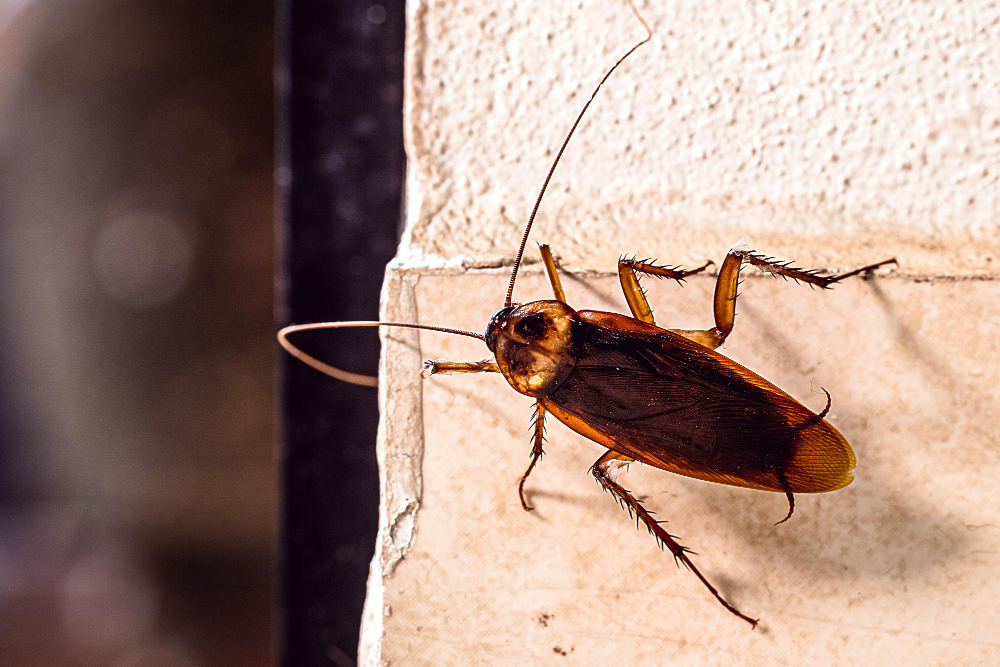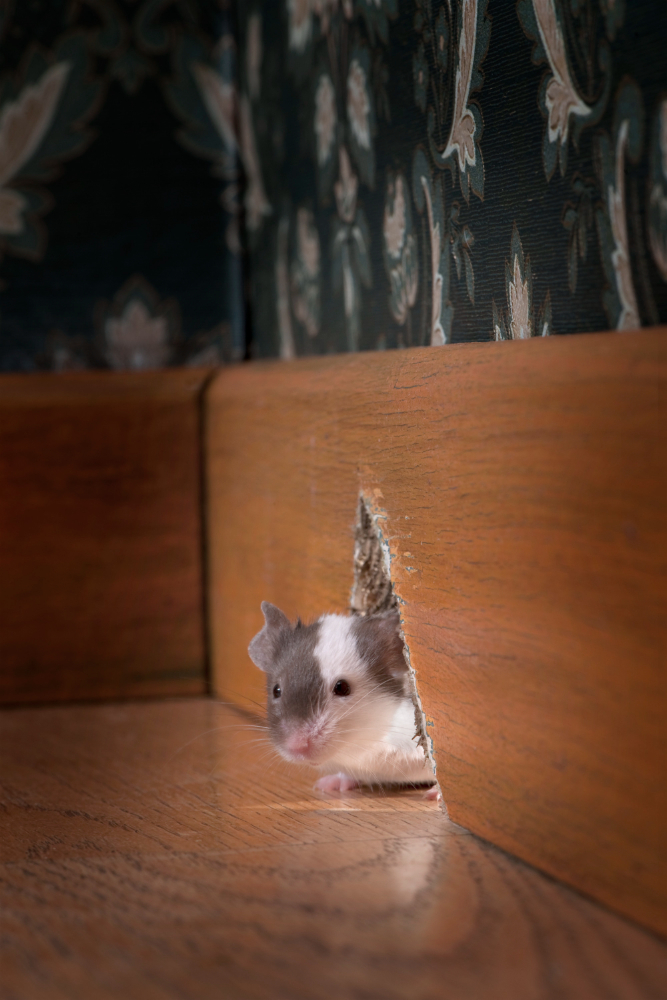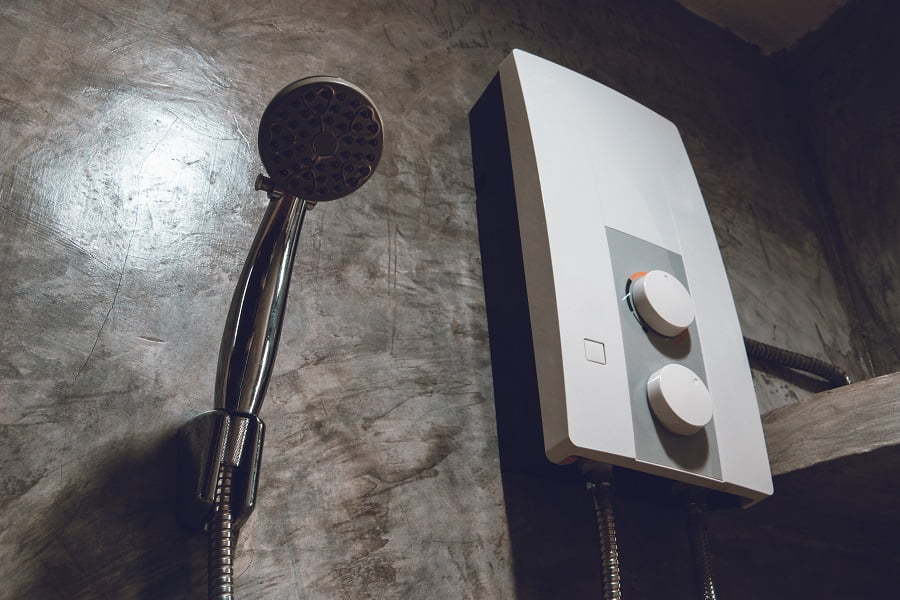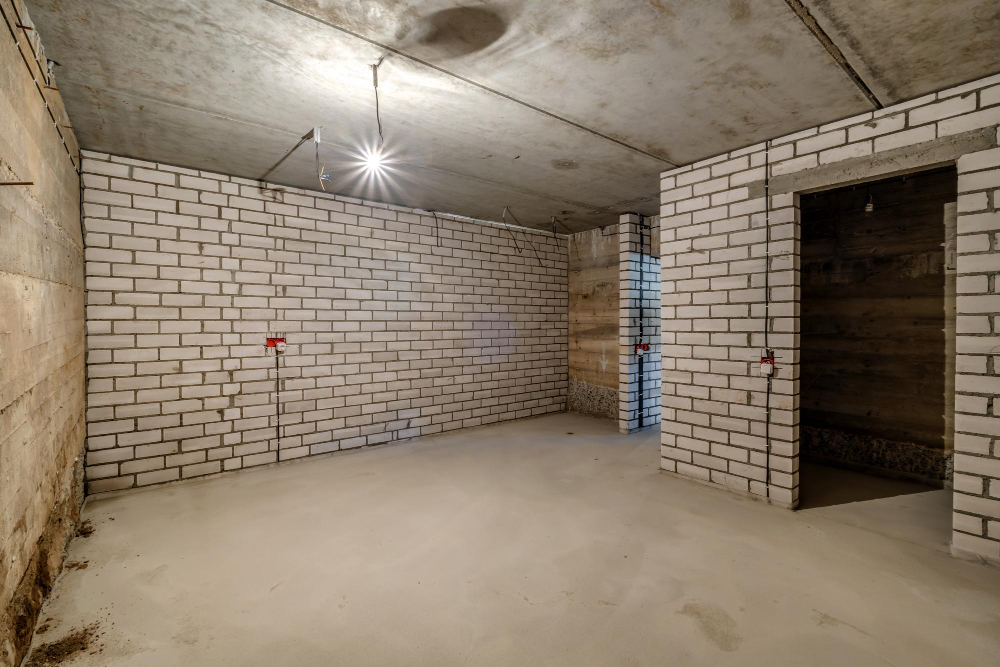Last updated on
Pest prevention is the practice of taking proactive measures to prevent pests from entering and inhabiting a living or working space. These pests can include insects, rodents, birds, and other wildlife that may cause damage or spread diseases.
It is important to understand the basics of pest prevention in order to protect your home or workplace from infestation effectively. In this guide, we will provide you with some useful information that you should know about pest prevention.
Understanding Pests and Infestations

Pests are living organisms that can cause harm or discomfort to humans, animals, crops, and structures. They can be found in various environments such as homes, gardens, farms, forests, and urban areas. Some pests are considered beneficial, such as honeybees and ladybugs, while others are considered harmful and can cause damage to property or spread diseases.
Infestations occur when pests enter a space in large numbers and establish themselves. This can happen quickly if their basic needs for food, water, and shelter are met. Pests can also reproduce rapidly, making it difficult to control infestations once they occur.
Therefore, it is important to take preventive measures to avoid infestations in the first place. Plus, prevention is usually more cost-effective than dealing with an infestation.
Identifying Common Pests
To effectively prevent pests, it is important to be able to identify common pests and their behaviors. Some common household pests include ants, cockroaches, termites, mice, rats, and bed bugs.
Each of these pests has unique characteristics and habits that make them difficult to control. For example, ants use pheromones to communicate with each other and establish trails for food, while bed bugs are nocturnal and hide in cracks and crevices during the day. Also, different types of pests may require different methods of prevention and control.
Tips for Pest Prevention

There are several steps you can take to prevent pests from entering your home or workplace:
- Keep your space clean and clutter-free: Pests are attracted to areas with easy access to food, water, and shelter. By regularly cleaning and decluttering your space, you eliminate potential hiding places for pests.
- Seal cracks and openings: Pests can enter through small cracks and openings in walls, windows, doors, and foundations. It is important to seal these entry points to prevent pests from entering.
- Store food properly: Pests are attracted to sources of food, so it is important to store food in airtight containers and clean up any spills or crumbs immediately.
- Fix leaks and moisture issues: Pests need water to survive, so fixing any leaks or moisture issues in your space can help prevent infestations.
- Properly dispose of garbage: Make sure to regularly take out the trash and keep garbage cans tightly sealed to prevent pests from accessing food scraps.
- Maintain your yard: Pests can also enter your space from outside. Keep your yard well-maintained, remove any standing water, and trim back bushes and trees that may provide easy access for pests.
Seeking Professional Help
In some cases, despite your best efforts at prevention, pests may still find their way into your space. In these situations, it is important to seek professional help from a licensed pest control company. They have the knowledge and resources to effectively identify and treat pest infestations.
In addition, regular inspections by a professional can also help prevent future infestations by identifying potential entry points and addressing them before pests can enter. It is recommended to have your space inspected at least once a year, or more frequently if you live in an area prone to pest activity.
Moreover, on the Watts Pest Prevention website, and other similar ones, you can read more about how professionals can help you in these situations. That way, you can have a better understanding of what they do and how it helps in preventing pests.
Pest prevention is essential for maintaining a healthy and comfortable living or working environment. Understanding pests and their behaviors, identifying common pests, and taking preventive measures can go a long way in keeping your space pest-free.
Don’t hesitate to seek professional help if needed, and regularly maintain your space to prevent infestations from occurring. By following these tips, you can successfully keep pests at bay and enjoy a pest-free space.
So, it is important to stay informed about pest prevention and take necessary measures to protect your space. Prevention is always better than dealing with an infestation later on!
So, let’s all do our part in keeping pests away and maintaining a clean and healthy environment for ourselves and others. Remember, knowledge is power when it comes to pest prevention. Keep learning, stay proactive, and stay pest-free!
Related reading:
Table of Contents





